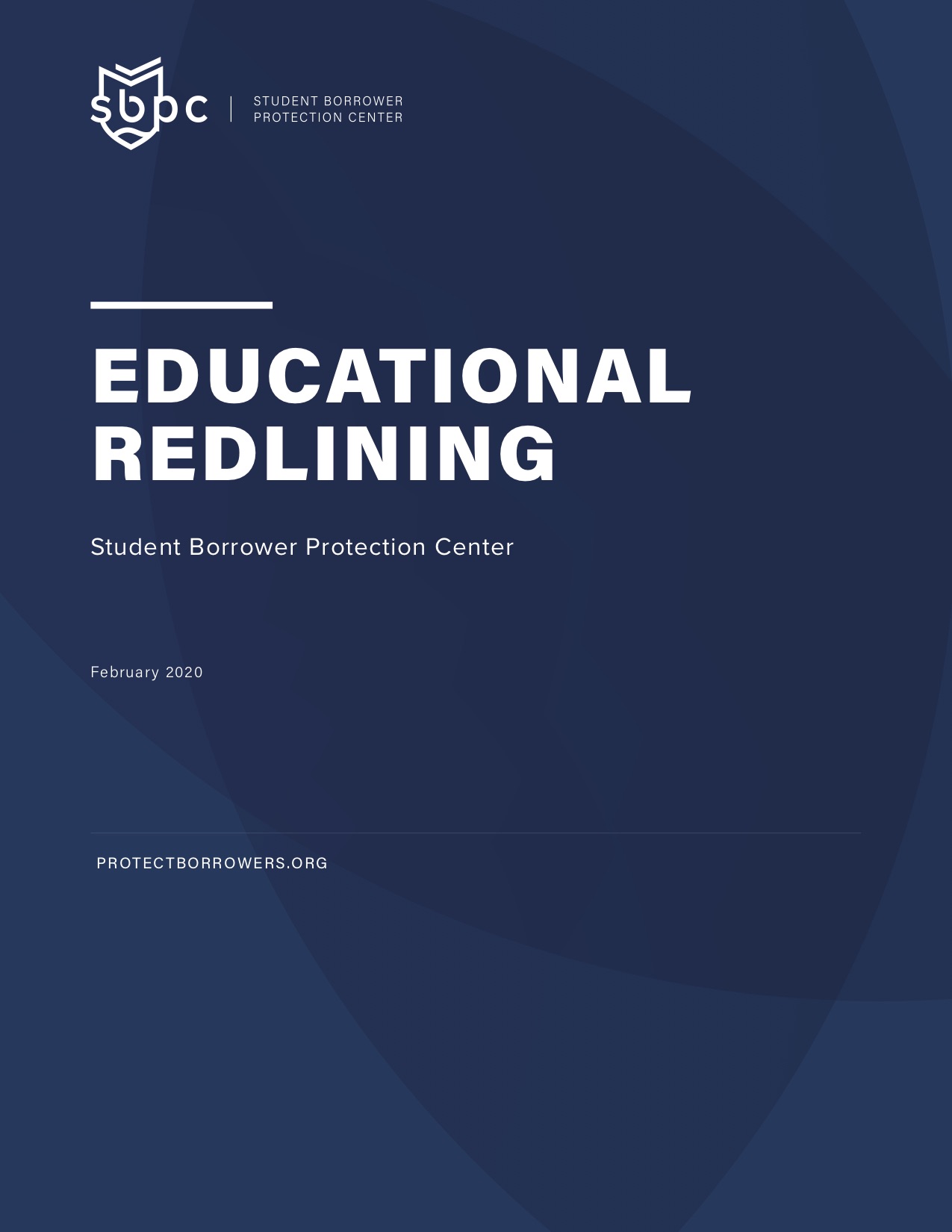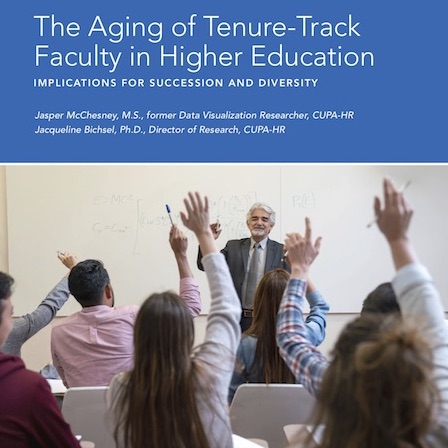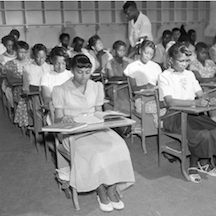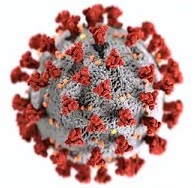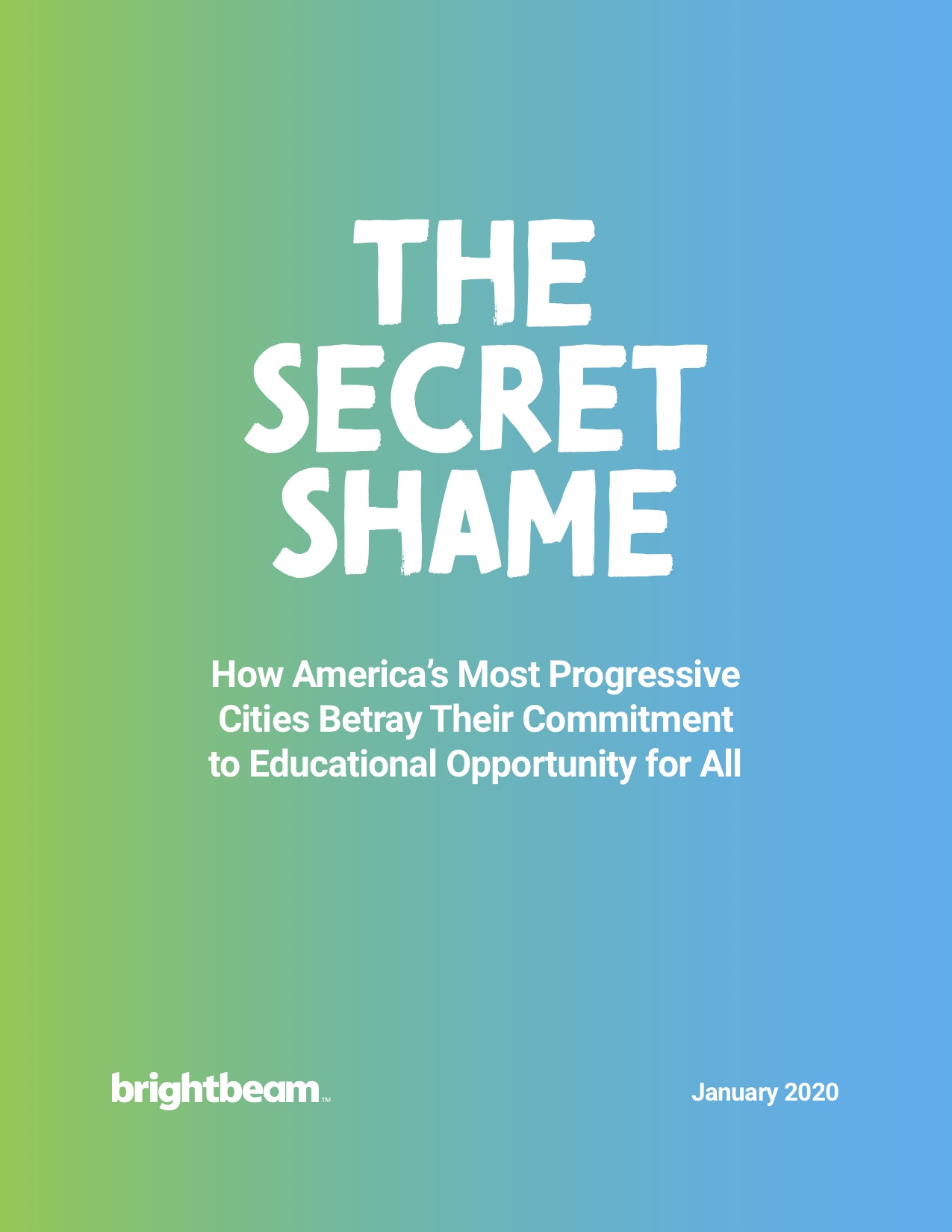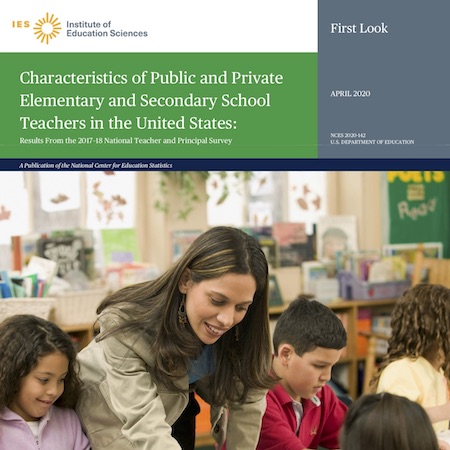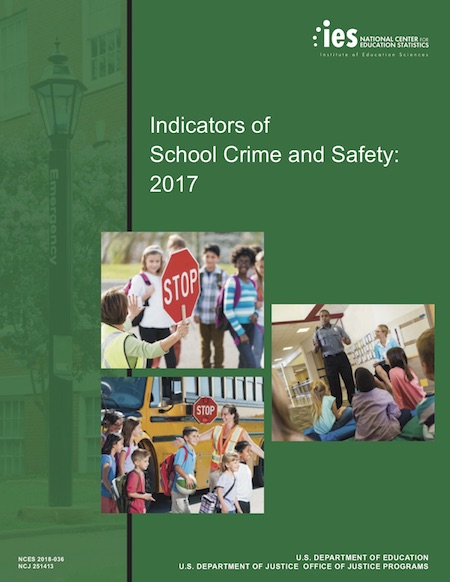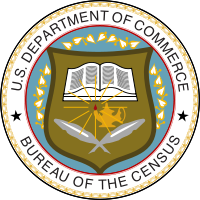Study Finds Where You Went to College Can Impact the Interest Rate You Pay...
A new report from the Student Loan Protection Center finds that graduates of historically Black colleges or universities who seek out a private lender to refinance their student loan debt, tend to pay higher fees and interest rates than graduates of predominantly White institutions.
How the Aging of American Faculty Will Affect Racial Diversity in Academia
As older, predominantly White faculty retire and lower level academics move up the ladder, it can be expected that the percentage of Black faculty in higher education will rise. But the authors warn that this will not happen unless concerted efforts are made by colleges and universities to retain Black faculty.
Vanderbilt University Looks to Battle Hypertension at Black-Owned Barbershops
In Nashville, patrons from eight local barbershops who have uncontrolled hypertension will be invited to enroll in the study, where they will meet with a study pharmacist in the barbershop on a regular basis for six months.
Survey Finds Persisting Mistreatment of African American Medical School Students
A new study lead by researchers at the Yale School of Medicine finds that more than one third of medical students reported experiencing at least one episode of mistreatment by faculty, peers, or clinical staff. Women of color reported the highest level of mistreatment.
University of Minnesota Study Examines Relationship of Young Black Men and Police
A new study conducted by researchers at the University of Minnesota School of Public Health sought to examine the relationship between police and young Black men by speaking to Black male youths, parents, educators, police officers, and staff of youth-services organizations.
The New Racial Segregation in Public School Occurs at the Classroom Level
Within-school segregation plays a sizable role in overall school segregation, especially in middle school and high school. Moreover, it appears to offset variations in the degree of between-school segregation: when one is low, the other tends to be high.
Brookings Institution Study Shows Majority Black Colleges Boost Social and Economic Mobility
A new report from the Brookings Institution finds that colleges and universities where Blacks make up a majority of the student body have shown a great deal of success in graduating students who go on improve their socioeconomic standing.
Report Examines Graduation Rates and Academic Tracks of Black High School Students in New...
Black students are disproportionately tracked into the Career Development & Occupational Studies graduation pathway that was not designed to lead to college readiness. Black students were 4.3 times as likely as White students to be tracked into this academic pathway.
Single-Parents Do Not Impede Educational Success for Blacks as Much as They Do for...
Black kids face significant obstacles to educational success including poverty, discrimination, racial segregation, etc. The fact that they are more likely to live in a single-parent home than White children does not matter as much as the other obstacles they face.
The Racial Gap in Four-Year High School Graduation Rates
In all 50 states, the graduation rate for White students was higher than the rate for Black students. In Wisconsin, the Black student high school graduation rate was 24.1 percentage points lower than the White rate. The states with the smallest racial gaps in graduation rates between Blacks and Whites included Alabama, Hawaii, West Virginia, and Rhode Island.
University Study Finds Racial Bias in Selection of Patients for Cancer Clinical Trials
Examples of the stereotypes discovered in the interviews of medical school researchers included perceptions that African Americans were less knowledgeable about cancer research studies, less likely to participate out of altruism or simply less likely to complete all facets of the research study.
Cornell University Study Finds Racial/Ethnic Differences in Perceptions of Environmental Issues
The survey found that there were, in fact, demographic differences in how people viewed environmental issues, with racial and ethnic minorities and lower-income people more likely to consider human factors such as racism and poverty as environmental issues.
Active Learning Improves Academic Performance of Black Students in Undergraduate STEM Courses
The study found that the achievement gap between overrepresented and underrepresented students - in courses where active learning techniques were used - narrowed on exam scores by 33 percent and course passing rates by 45 percent.
Academic Study Finds a Growing Racial Divide in Autism Disorders
While autism disorders in wealthy counties of California have decreased since 2000, the study found incidence among Blacks has increased rapidly across California, marking the highest rates among any ethnic or racial group.
How Racism Impacts African Americans’ Decisions to Seek Self-Employment
Two sociologists at Rice University in Houston, Texas, found that working Black adults with “racial capital,” or high awareness of the systemic nature of racism, were seven times more likely to pursue self-employment than those with low awareness.
Racial Differences in the Gender Wage Gap
A new report from the Center for America Progress finds that White women earn 79 percent of what is earned by White men. But African American women earn only 62 cents to the dollar compared to the earnings of White men.
University Study Shows How the Slave Trade Has Lingering Effects on African Businesses
Businesses in countries that were active in the slave trade are more often tightly controlled by individuals or families — often because they have limited access to equity funding and shared ownership. Meanwhile, businesses in African countries less affected by the slave trade have more diversified ownership structures.
Speech Recognition Systems Make Double the Mistakes on Words Spoken by Blacks
Research led by scholars at Stanford University found that on average, the speech recognition systems developed by Apple, Amazon, Google, and others misunderstood 35 percent of the words spoken by Blacks but only 19 percent of those spoken by Whites. Error rates were highest for African American men.
Discrimination Incidents Against African Americans Spike During COVID-19 Pandemic
Researchers at the Dornsife Center for Economic and Social Research at the University of Southern California found that that 14 percent of Asians and 10 percent of non-Hispanic Blacks had experienced discrimination or racist behavior during the pandemic, as opposed to 4 percent of non-Hispanic Whites.
Data Shows Huge Racial Disparities in Impact of COVID-19 Virus
According to the Centers for Disease Control and Prevention, Blacks make up 13 percent of the U.S. population but over 33 percent of the patients admitted to hospitals with the COVID-19 virus. In some cities Blacks are dying from the virus at rates double their percentage of the population.
Report Claims Conservative Cities Do a Better Job in Educating Children From Racial and...
The study analyzed data from 12 conservative cities and compared it to the data from 12 liberal cities. The data showed that the progressive cities have, on average, a 15.1 point math achievement gap for Black students and a 13.5 percent reading achievement gap for Black students.
The Long-Term Impact of State Affirmative Action Bans on Black Enrollments in Higher Education
Averaging across 19 public universities in states that enacted affirmative action bans, Black enrollments declined immediately after the bans took effect and have expanded since that time.
Education Department Report Offers Data on Black Teachers in U.S. K-12 Schools
A new report from the U.S. Department of Education looks at teachers in the nation's public and private K-12 schools. Some of the data is broken down by racial and ethnic group. The report documents that 80 percent of all teachers in K-12 schools in the United States are White. Only 6.3 percent are Black.
Scholars Discover Alarming Data on Child Loss in Sub-Saharan African Nations
A new study by researchers at the University of Southern California and the University of Chicago finds that two thirds of all mothers in sub-Saharan African nations lose a child by the time they are in their late 40s.
Study Finds That School Teachers Hold Racial Biases Similar to the General Population
In a series of tests, researchers evaluated the racial biases of a huge group of more than 1.5 million Americans. Among this large group were nearly 69,000 teachers. The results showed that teachers were only slightly less likely to show racial bias than the population as a whole.
Study Finds a Significant Racial Disparity in Depression Among Older American Adults
Researchers surveyed more than 25,000 adults over the age of 50. They found that members of racial and ethnic minority groups were up to twice as likely to report more severe depressive symptoms than non-Hispanic White participants.
Morgan State University Investigates Baltimore Citizens’ Relationship to City Police
The survey found that participants consistently reported that the police department did not show respect toward civilians. And a majority of participants reported that they had observed police engaging in racial profiling, using excessive force, and using verbally abusive language toward civilians.
Race Is the Most Frequent Motivation for Hate Crimes on College Campuses
A new report from the U.S. Department of Education and the Bureau of Justice Statistics shows that there were 860 hate crimes on college and university campuses that were reported to the police or campus security agencies in 2015. The actual number of hate crime incidents is probably much higher.
The Huge Racial Gap in Homeownership Rates in the United States
The racial gap in homeownership rates is huge. In the first quarter of 2020, 73.7 percent of non-Hispanic Whites owned their home. For African Americans, 44 percent owned their home. If history is a guide, the racial gap in homeownership may widen during the severe economic downturn due to the COVID-19 pandemic.
Harvard Scholars Present Research on How Racism Affects Public Health
A group of scholars affiliated with the Project on Race & Gender in Science & Medicine at the Hutchins Center for African & African American Research at Harvard University have produced a webinar series entitled “Epidemics and the Effects on the African American Community from 1792 to the Present.”
A Brief Intervention on Belonging for Blacks Entering College Can Have Lifetime Benefits
A new study led by Shannon Brady, an assistant professor of psychology at Wake Forest University, has found that the benefits of a brief “social belonging” exercise completed by Black students in their first year of college produced positive results in career satisfaction and well-being a decade after leaving college.
Center for America Progress Report Shows Why Blacks Are Dying From the Coronavirus
The report shows that at least 28 percent of people of color between the ages of 18 and 64—more than 21 million people in total—have a medical condition that could put them at higher risk of severe illness from COVID-19.
A Snapshot of Enrollments at the Nation’s Historically Black Colleges and Universities
In the fall of 2018, there were 291,767 students enrolled at the nation's HBCUs. African Americans made up about 76.5 percent of the enrollments at HBCUs that year. This fall, undoubtedly many HBCUs will struggle to maintain enrollments due to the COVID-19 pandemic.
Study Examines How Racial Identity Affects Self-Esteem and Well-Being Among Young Black Males
Researchers from the University of Michigan and the University of Arizona surveyed a large group of young Black males to examine the effects of puberty on symptoms of depression, self-esteem, and self-efficacy.
Black Unemployment Surges But the Racial Gap Shrinks
In April, the unemployment specter hit both Blacks and Whites very hard. Unemployment rates rose to 16.7 percent for Blacks and 14.2 for non-Hispanic Whites. The traditional 2-to-1 Black-to-White unemployment ratio has disappeared. But the economic recovery in Black communities is likely to lag the rest of the nation.
Stanford University Study Finds That “Driving While Black” Is Less Risky at Night
The results of the study of 95 million traffic stops between 2011 and 2018 showed that Blacks, who are pulled over more frequently than Whites by day, are much less likely to be stopped after sunset, when “a veil of darkness” masks their race.

